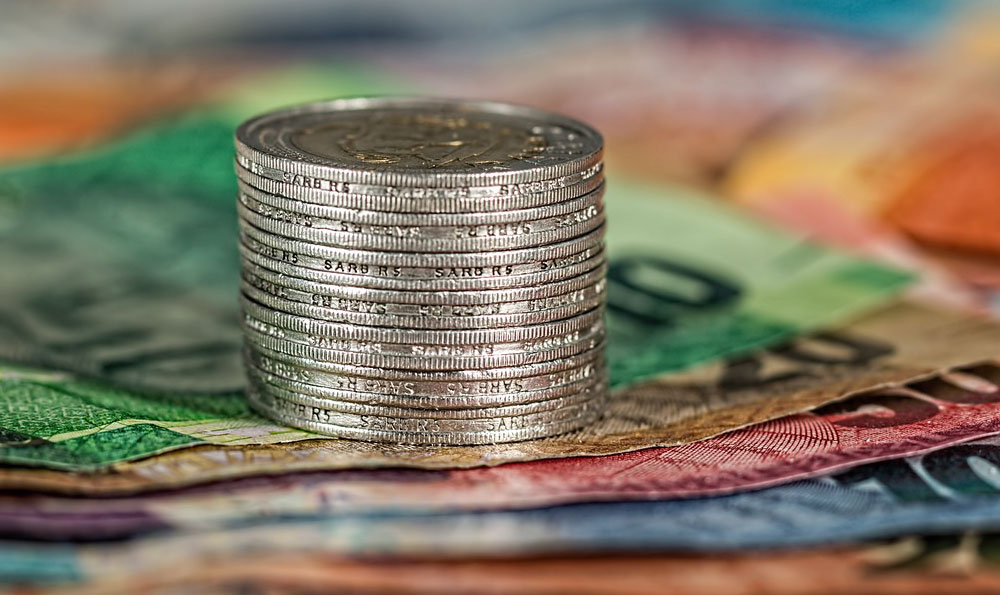Alright, let's delve into the murky waters of Jay Gatsby's fortune and dissect the likelihood of its legality. F. Scott Fitzgerald's "The Great Gatsby" provides hints and whispers, but never concrete proof, regarding the source of Gatsby's wealth. This ambiguity is intentional, contributing to the aura of mystery and moral complexity surrounding the character. Analyzing the clues within the novel and considering the historical context of the Prohibition era allows us to formulate plausible, albeit speculative, explanations.
Several theories abound. The most prevalent, and arguably the most supported by textual evidence, centers around bootlegging. Prohibition, enacted in 1920, created a vast black market for alcoholic beverages. The demand was enormous, and the profits for those willing to circumvent the law were equally substantial. Gatsby's connections to Meyer Wolfsheim, a notorious gambler and figure involved in fixing the 1919 World Series, strongly suggests his involvement in organized crime, and bootlegging would have been a natural extension of Wolfsheim's network.
Consider the language used in the novel. Gatsby himself hints at his involvement in "business," often avoiding specifics. His lavish parties, ostensibly thrown to attract Daisy Buchanan, also served as a cover for illicit activities. The constant flow of liquor and the ostentatious display of wealth would have been less conspicuous amidst the revelry of these gatherings. The sheer scale of Gatsby's operation, requiring a large staff and significant infrastructure, further supports the idea that he was involved in a large-scale criminal enterprise like bootlegging. Moreover, Gatsby's quick accumulation of wealth is difficult to explain through legitimate means. He claims to have inherited money, but Nick Carraway quickly dismisses this notion. The rapid transition from poverty to immense riches points toward a source of income that generated substantial profits quickly, a characteristic of illegal enterprises during Prohibition.

Another possible, though less likely, source of Gatsby's wealth is the stock market. The 1920s were a period of significant economic expansion and stock market speculation. It's conceivable that Gatsby made a fortune by investing in the market, perhaps with inside information obtained through his connections. However, the novel doesn't explicitly mention any stock market dealings, and the timeline doesn't quite align. While the stock market boomed, it wasn't the singular path to rapid wealth creation that bootlegging offered during the Prohibition era. Furthermore, Gatsby's reliance on Wolfsheim and his general demeanor suggest a reliance on less conventional, and likely illegal, methods.
Beyond bootlegging and stock market speculation, there's a lingering possibility of other criminal activities. Wolfsheim's past involvement in fixing the World Series suggests a willingness to engage in various illegal schemes. Gatsby might have been involved in gambling, loan sharking, or other forms of organized crime. These possibilities are more speculative, as they lack direct support from the text, but they contribute to the overall sense of moral ambiguity surrounding Gatsby's character and the source of his wealth.
Now, addressing the crucial question: was it legal? The answer, almost certainly, is no. Bootlegging was a clear violation of the Prohibition laws. Any wealth derived from this activity would be considered illegally obtained. Even if Gatsby supplemented his income with stock market investments, his association with known criminals and his likely use of inside information would taint the legitimacy of those gains. The evidence, though circumstantial, strongly points to Gatsby amassing his fortune through illegal means.
The novel's moral commentary stems from this very fact. Gatsby's pursuit of the American Dream, embodied by Daisy Buchanan, is built on a foundation of illegality and moral compromise. His relentless pursuit of wealth, regardless of the means, ultimately leads to his downfall. While he achieves a certain level of social acceptance and even admiration, his illegal activities constantly lurk beneath the surface, threatening to expose his true nature and shatter his carefully constructed facade.
The ambiguity surrounding the specifics of Gatsby's illegal activities serves a critical purpose. It allows Fitzgerald to explore the broader themes of the American Dream, social class, and the corruption of wealth. Gatsby's story is not just about one man's rise to riches; it's about the allure and the dangers of pursuing wealth at any cost. The fact that Gatsby's wealth is built on illegal foundations underscores the moral compromises inherent in the pursuit of the American Dream during the Roaring Twenties. It highlights the hypocrisy and superficiality of the upper class, who are willing to overlook the source of Gatsby's wealth as long as it benefits them.
In conclusion, while the precise details of Gatsby's financial dealings remain shrouded in mystery, the evidence strongly suggests that he amassed his fortune through illegal activities, primarily bootlegging. This illegality is central to the novel's themes, highlighting the moral compromises and the corrupting influence of wealth during the Jazz Age. Gatsby's pursuit of the American Dream, built on a foundation of illegality, ultimately leads to his tragic demise, serving as a cautionary tale about the dangers of pursuing wealth at any cost. The lack of definitive proof only reinforces the pervasive sense of moral ambiguity that defines the world of "The Great Gatsby."












